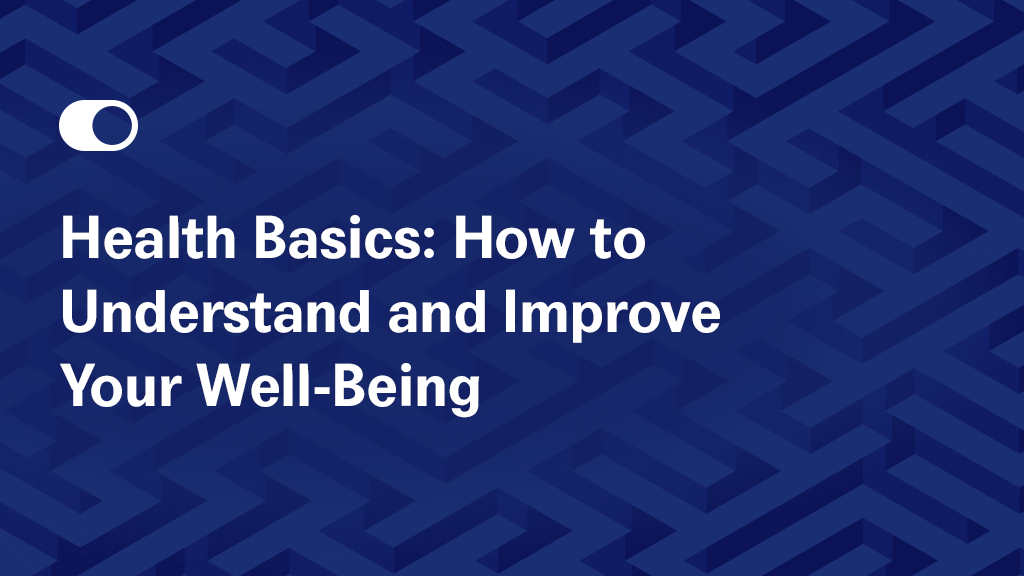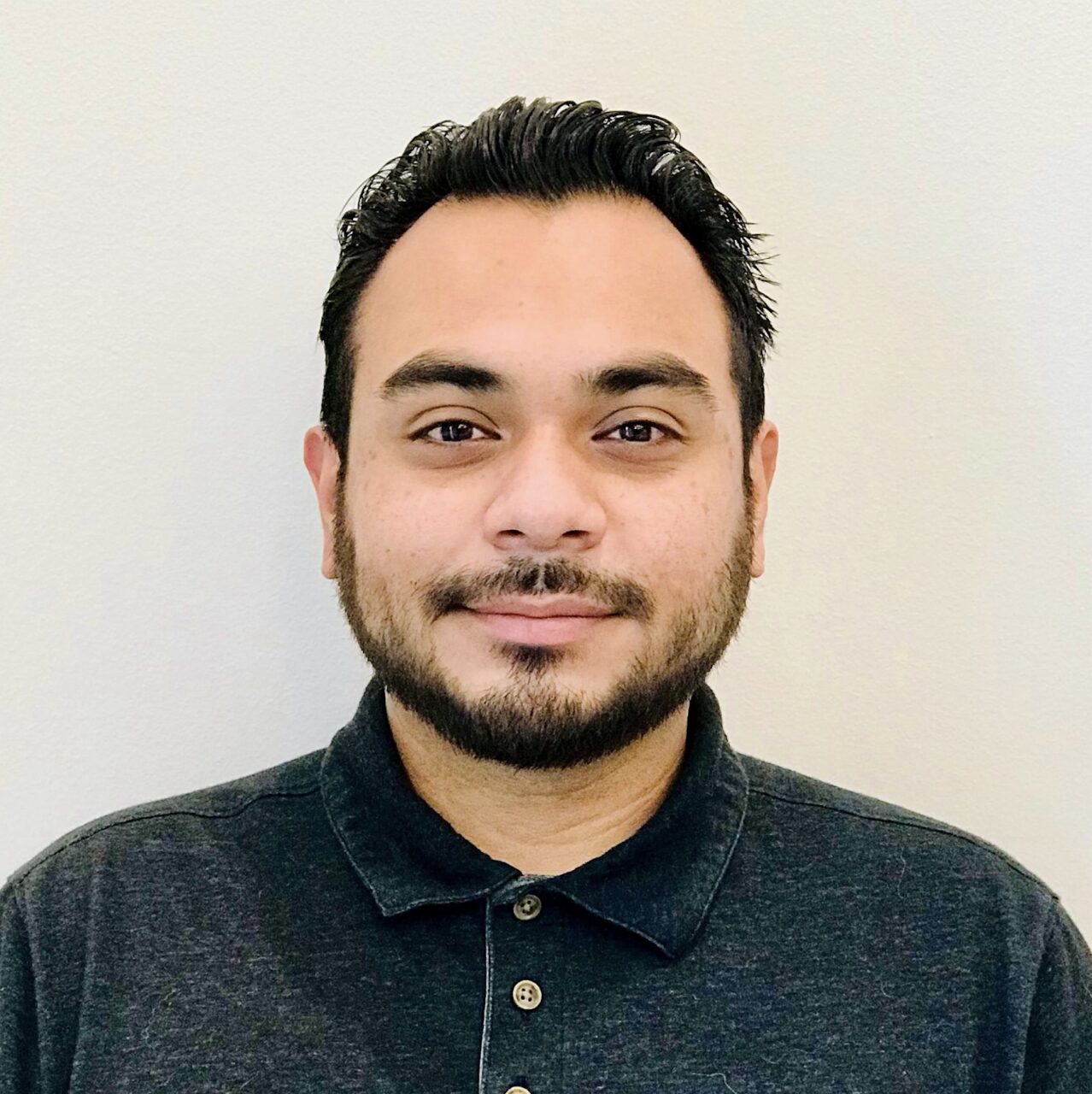
Health Basics: How to Understand and Improve Your Well-Being
What is Health Literacy and Why is it Important?
Health education is critical for people to be able to make informed health decisions for themselves. Health literacy means that people are able to find and understand health information they get from their doctors or other resources and use that information to make the best choices for their care, which helps ensure better outcomes.
Below we’ll get into some basic health literacy tips explaining what you need to know and simple things you can do to better understand and take care of your overall well-being.
Basic Preventive Care Strategies
Preventing problems before they start is the best way to avoid a health crisis. Getting regular checkups is a great way to stay on top of your health and identify any potential issues. Annual exams measure key health markers and can help your provider determine which screenings and vaccines might be right for you based on age and lifestyle factors.
What Do You Need to Know?
Numbers
Everyone’s baseline is different. Getting familiar with your normal blood pressure, cholesterol, and sugar levels is a great way to help prevent heart disease and diabetes. It lets you know when to make behavior adjustments or start medications before things have a negative impact on your health.
Screenings
Preventive screenings for things like breast, colon, and cervical cancer save lives. Your provider will consider your age, family history, and lifestyle to determine if and when these tests are right for you. If you’re interested or think it’s time, connect with your provider to learn more.
Vaccinations
Vaccines help our bodies fight off germs that can make us sick by training our immune systems how to fight the infections so we’re protected. Staying up to date on your vaccinations helps keep you, and everyone around you, healthy. Talk to your provider to find out if you’re due for any.
Mental and Emotional Wellness
It’s easy to overlook, but taking care of your mental and emotional health is essential. When you’re feeling stressed, overwhelmed, anxious, depressed, etc., it impacts your physical well-being and can cause chronic health issues. Being aware of symptoms and catching them early can lead to better outcomes and a better quality of life. Prioritizing your mental and emotional health can benefit your relationships, school/work performance, stress levels, sleep quality, and more.
Social and Lifestyle Factors That Affect Health
Many things play a role in how healthy we are that may not feel obviously connected to our medical status. Social Determinants of Health (SDOH) along with our personal behaviors and habits can greatly impact our well-being. To get a full picture of your risk factors, try to keep track of and talk to your provider about things like:
Do you get enough quality sleep?
What causes you stress?
How do you manage it?
Are you dealing with abuse in any of your relationships?
Do you feel lonely?
Is your neighborhood safe?
Are you exposed to any harmful conditions/chemicals where you are?
Is it a source of anxiety?
Things to Look Out For
Keep an eye on the following symptoms and life circumstances and discuss with your provider if you need help:
Your provider will partner with you to come up with a personalized plan to get you feeling better again.
About the Reviewers

Crossover Health Medical Assistant
Carlos is passionate about patient education, and making people feel comfortable and safe. One of his favorite phrases: there’s no such thing as a silly question. He views working in healthcare as a daily opportunity to be helpful.

Crossover Health Health Coach Program Director
Danielle is both a registered dietitian and certified health and wellness coach. In addition to a wealth of knowledge, she brings passion, compassion, practicality, and a touch of fun to the coaching partnership with members, and works to encourage and empower them to live their best lives.